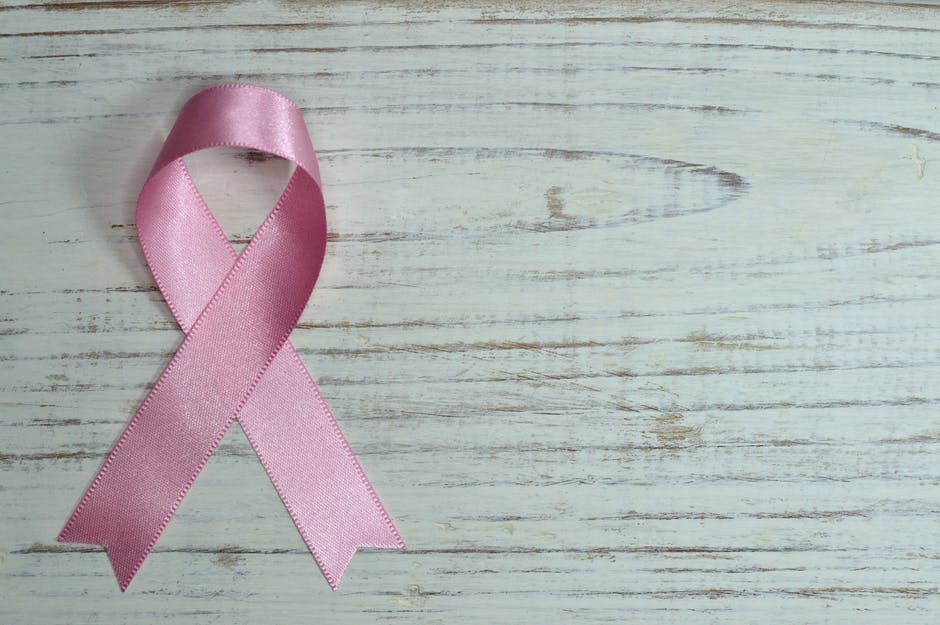The skin is actually the largest organ of the human body, and performs a number of functions. The main thing we tend to think about with the skin, though, is its appearance, and particularly things that affect the skin to impact on its appearance. Dr Joe Kosterich talks about psoriasis, including what it looks like, what causes it and what to do about it.
 The most common condition that affects the appearance of the skin is dermatitis, which is an inflammation of the skin. There are a number of different forms of dermatitis, and in this particular video we’re going to be talking about psoriasis.
The most common condition that affects the appearance of the skin is dermatitis, which is an inflammation of the skin. There are a number of different forms of dermatitis, and in this particular video we’re going to be talking about psoriasis.
Psoriasis is a not particularly uncommon condition that does affect the appearance of the skin, causing inflammation. Nobody knows what causes it; there do seem to be (as with a lot of conditions) a genetic connection that again seems to run in families but, like a lot of these conditions, it’s not as simple as “it’s something that the family has and therefore I’m going to get it.”
With psoriasis, the appearance can be quite textbook or, like a lot of things in medicine, not so textbook-looking. Often the skin gets quite scaly, and it seems to affect particularly the elbows, sometimes the scalp, neck, perhaps the face, but it can affect any part of the body. However, the scalp and elbows appear to be the more common areas – again, for reasons unknown. As against perhaps an eczema-type dermatitis where the skin just appears red, with psoriasis it’s also red, but it can have a white scaly appearance and it can even go a little bit hardened.
So what do we do about the treatment of psoriasis? Like a lot of skin conditions, there is no absolute cure. Step one is always to go along to your GP if you have concerns about what’s going on with your skin, and it is about making a diagnosis. Sometimes people may be sent off to a dermatologist – that’ll be a function of severity and also perhaps of treatment.
Simpler treatments involve looking after the skin. All the basic stuff about skin care (such as drinking clear water, eating fruits and vegetables, cutting down on sugary foods) all help the skin without being a specific cure.
Some people may be treated with hydrocortisone-based creams. They are sometimes the simplest things to use, but they don’t work in all instances. There are a variety of other creams, including different tar-based formulations – I know that sounds awful, but it’s been shown over many years to be helpful – and these are also applied to the skin to try to get rid of some of these plaques and scales.
There are also other treatments, and these are often done through a dermatologist. These involve combinations of different medications and use of ultraviolet light. Some of you out there might be thinking, “Ultraviolet light? Doesn’t that cause skin cancer?” In the sort of dosages that are used, it does treat the psoriasis without causing skin cancer. This is used for some people with more severe psoriasis.
There are a couple of other medications that can be used. It’s quite a specialised area, and unfortunately for a handful of people that needs to be done by a dermatologist, so if you’re in that group, then that’s where you’ll end up.
Psoriasis is one of these fairly lifelong type conditions. It can start usually in adulthood – it doesn’t tend to affect children quite so much, though it does occur – and it’s something that waxes and wanes. There may be periods of time when it’s quite bad and florid on the skin, and there may be months and sometimes years when people really don’t have a lot of problems with psoriasis on their skin.
Can things specifically trigger it? It is quite variable and there are no absolutes with this. For some people, stress certainly is a factor. That probably in my years of general practice has been the most common trigger that I’ve seen people come in with. Foods: not really so much, that will be the exception. Illnesses and other viruses: if you’re run down for other reasons, then any condition you have may seem a little bit worsened at that time.
It is a condition that’s fairly lifelong, but it’s not something that is there the whole time. For most people, they are able to manage it quite well with some simple skincare type measures and treatments that they may need from time to time. Psoriasis is not in any way a serious condition. It’s a condition that I think a lot of people would say, “If I had a choice, I would just as soon not have it,” but that’s human nature. The key thing, though, is that it’s something that is very manageable. For most people it will not be terribly severe at all, and if it does play up acutely, it can certainly be put back in its box.
More information
 |
For more information, see Psoriasis. |
All content and media on the HealthEngine Blog is created and published online for informational purposes only. It is not intended to be a substitute for professional medical advice and should not be relied on as health or personal advice. Always seek the guidance of your doctor or other qualified health professional with any questions you may have regarding your health or a medical condition. Never disregard the advice of a medical professional, or delay in seeking it because of something you have read on this Website. If you think you may have a medical emergency, call your doctor, go to the nearest hospital emergency department, or call the emergency services immediately.






